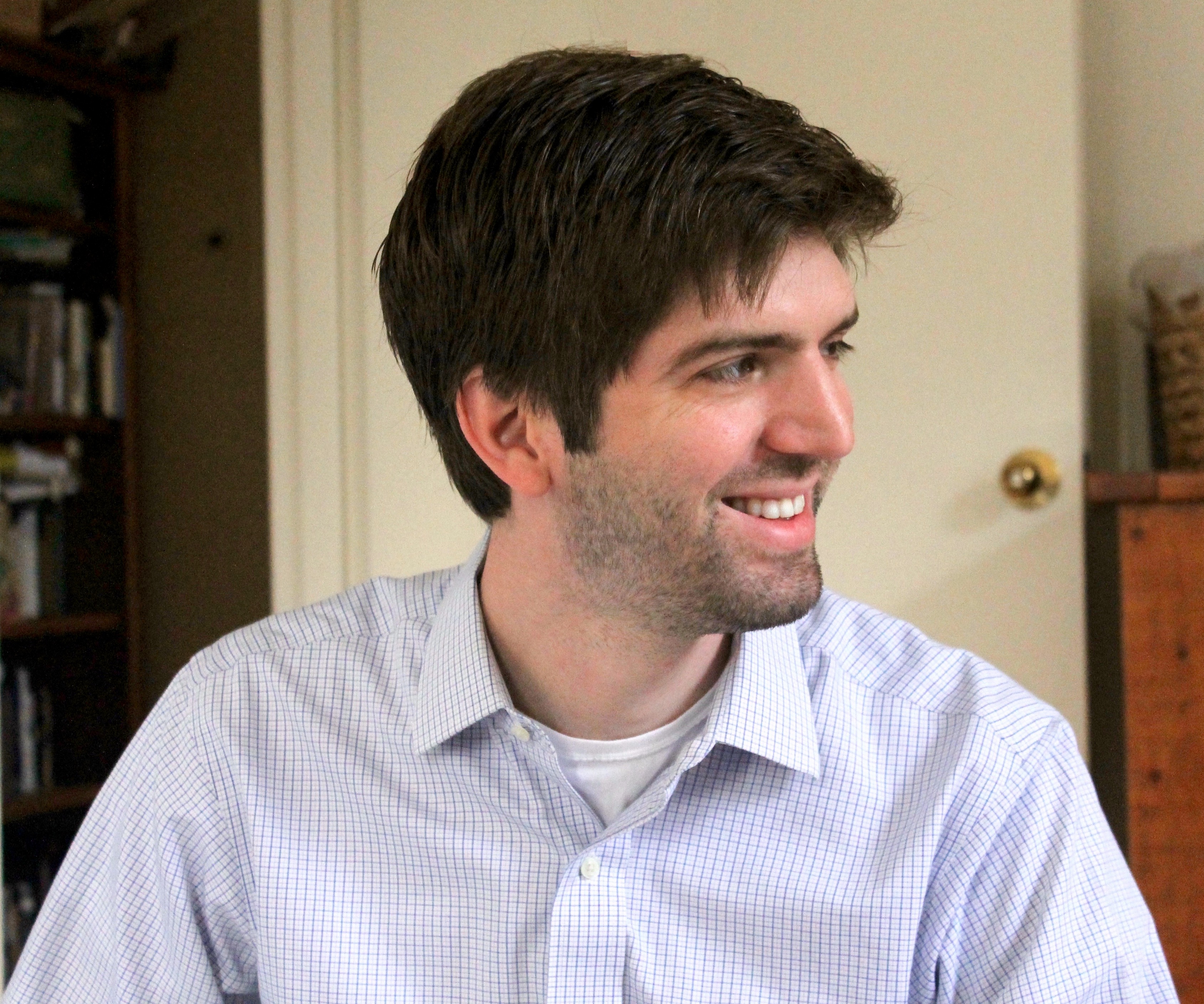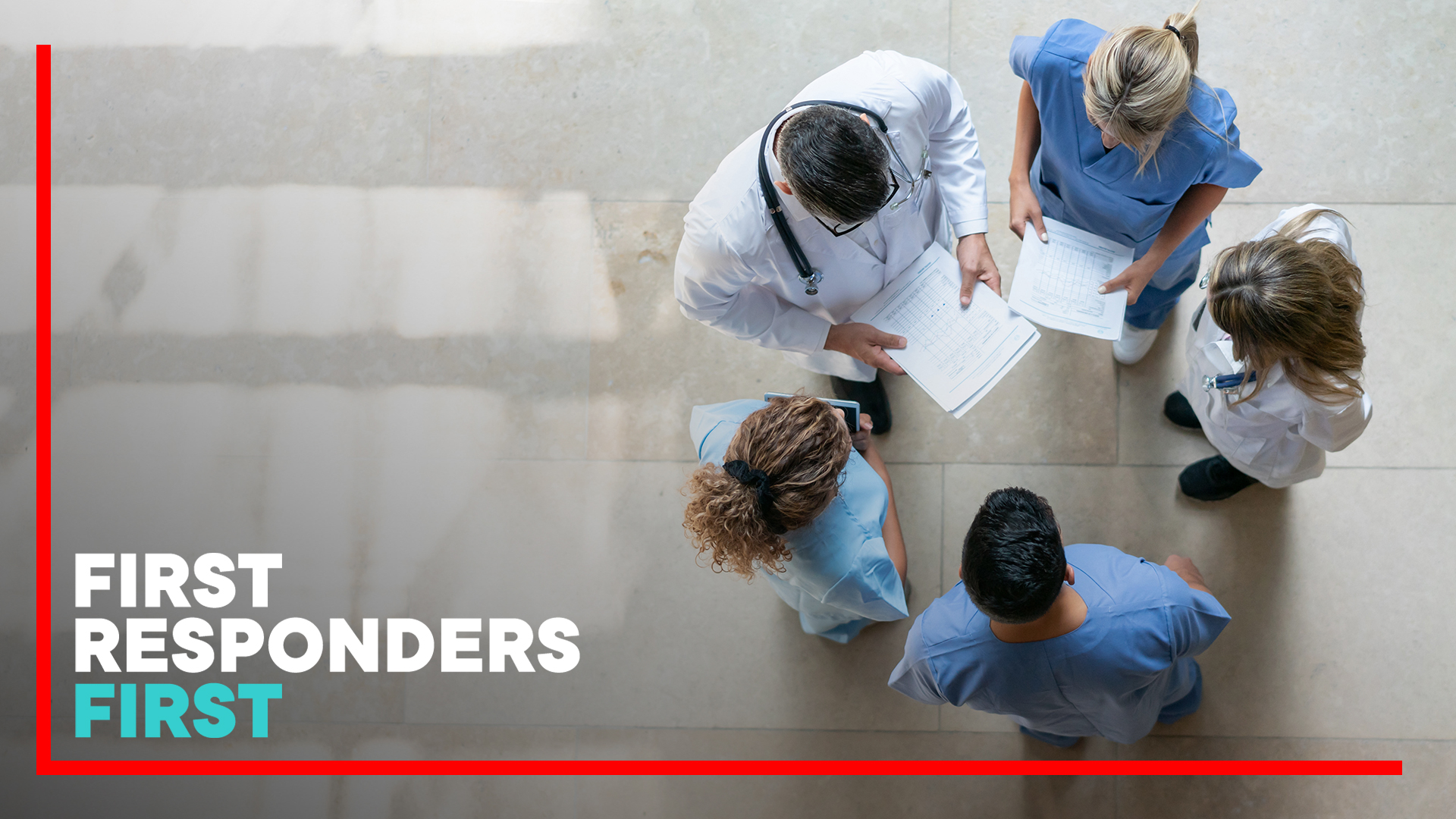This post was originally published on March 21, 2020 and updated on May 3, 2021.
As the coronavirus crisis in India continues to worsen, first responders and frontline health workers face a unique set of challenges; life-or-death decisions, real health risks, and urgent concerns about the system’s capacity to adequately address this crisis.
Experts are warning about mounting burnout among medical professional in India. Here’s how Gautam Harigovind, the medical activity manager for Doctors Without Borders/Médecins Sans Frontières (MSF) COVID-19 project in Mumbai described the dire situation: “People just cannot work in this environment for long periods of time. It causes burnout, and the burnout cycles are faster now than in the first wave. Right now, it’s three days and you’re burned out. Even if your shift is only six hours, those are COVID-19 hours. It’s the conditions, and the sheer number of patients.” Just last week brought the tragic news of the suicide, attributed to severe stress, of a New Dehli resident doctor. “This brings into focus the tremendous emotional strain while managing Covid crisis,” tweeted former Indian Medical Association (IMA) chief Dr Ravi Wankhedkar.
As a first responder, you may feel that any attention you give to your own health and well-being is taking away from attention you could be giving to someone else. You may feel self-stigma about voicing your own needs and fears, which the U.S. National Center for PTSD has identified as a risk for healthcare workers during the outbreak.
The National Center for PTSD surfaced the following examples of self-talk and attitudes that may be preventing you from being as healthy and effective as you can be:
· “It would be selfish to take time to rest.”
· “Others are working around the clock, so should I.”
· “The needs of survivors are more important than the needs of helpers.”
· “I can contribute the most by working all the time.”
· “Only I can do…”
Some of these may sound familiar. But if you are part of the diverse first responder workforce currently mobilizing against coronavirus, it’s essential that your well-being is supported as you deliver critical health services and care for others. And some of the most effective steps you can take are not so different from those your family and friends are taking to navigate this time and bolster their own immune responses: getting enough sleep, eating well, and taking time to connect with friends and loved ones — which you know more than most are all science-supported to increase physical and mental resilience.
As you continue doing your important, life-saving work, here are a few Microsteps you can take, right away. They might seem small, but that’s exactly the point. With minimal effort, you can put them into practice and start seeing immediate improvements to your own health and well-being — as well as your ability to make a difference.
If you catch yourself saying you’re unable to practice self-care, pause, and choose a new mindset. There’s nothing selfish about taking care of your basic needs. As the United States Substance Abuse and Mental Health Services Administration (SAMHSA) notes, it’s essential to recognize that your stress management must come first. Shift your self-talk to something like, “When I take care of myself in small ways, I can be my best self to take care of patients.”
When you feel overwhelmed, focus on your breathing instead of reaching for your phone. We often use our phones to distract us from challenging moments, but this leaves us more stressed and more disconnected from what matters most. Allow yourself a moment to turn inward instead and focus on your breathing.
Give yourself permission to sit down — or slow down — when you eat. Even a brief pause will help you to reset in the midst of your responsibilities. You’ll also feel like you’ve done something to fuel yourself as you continue helping others.
Find a workmate who makes you feel safe and try to briefly connect with them each day. This might be a friend, your supervisor, or simply a colleague with a particularly grounding presence. When you feel upset or stressed, it’s important to share your emotions with someone you trust.
When you’re feeling stressed, remind yourself why you became a healthcare worker or ally in the first place. If you joined this field because you want to help people, remembering that fact can help you to move through challenging moments with more resilience.
Click here for information about how Thrive Global is supporting our healthcare workers on the front lines of the coronavirus pandemic, and find out how you can support the cause by donating to #FirstRespondersFirst.


